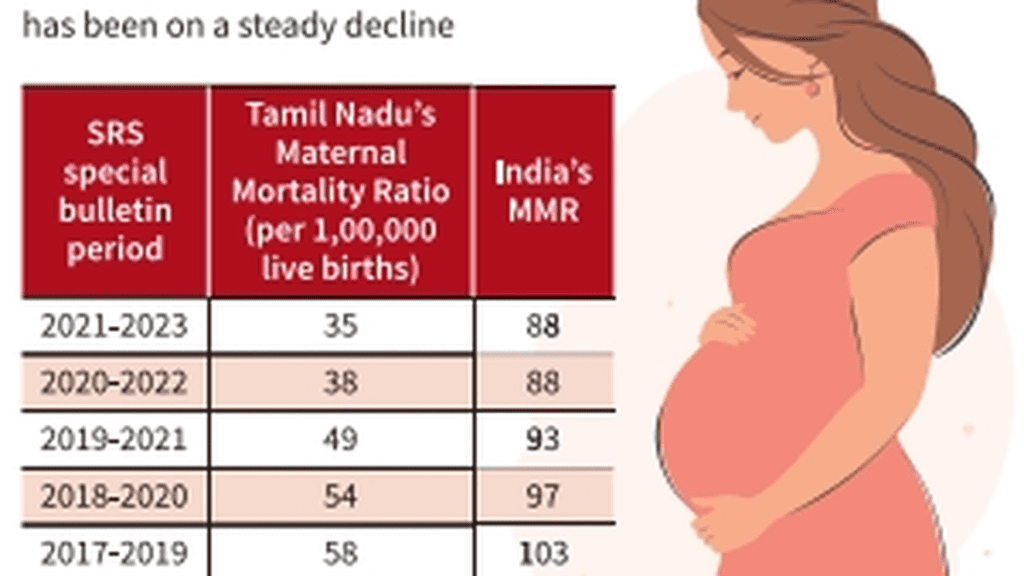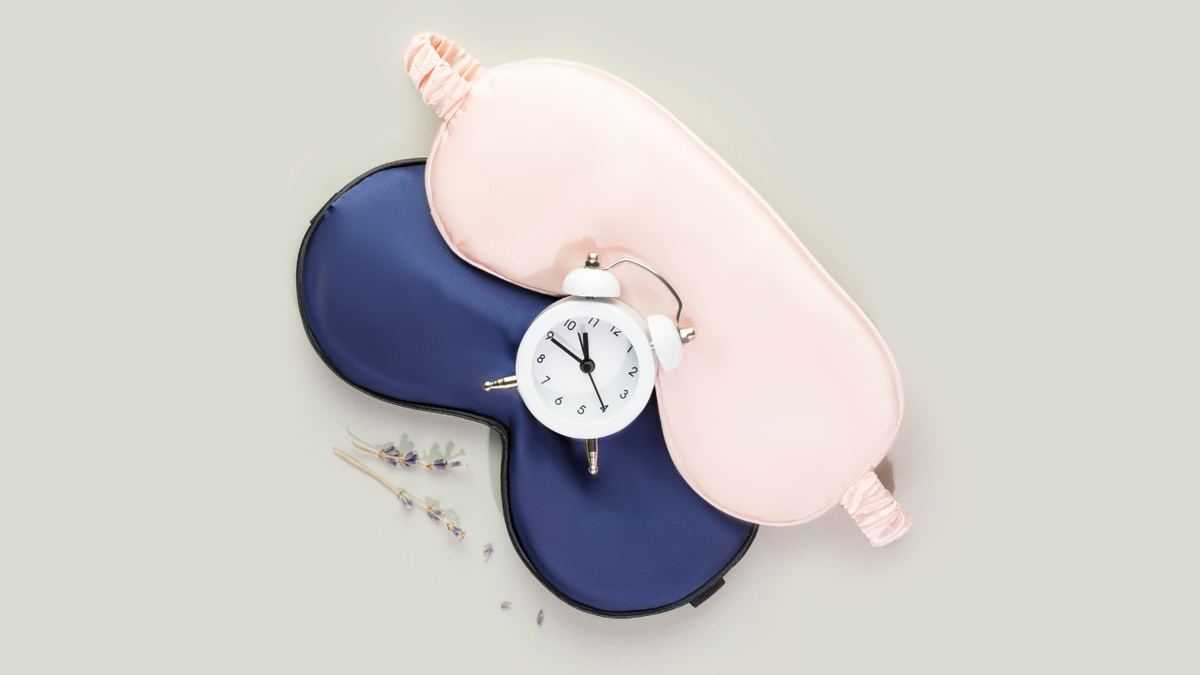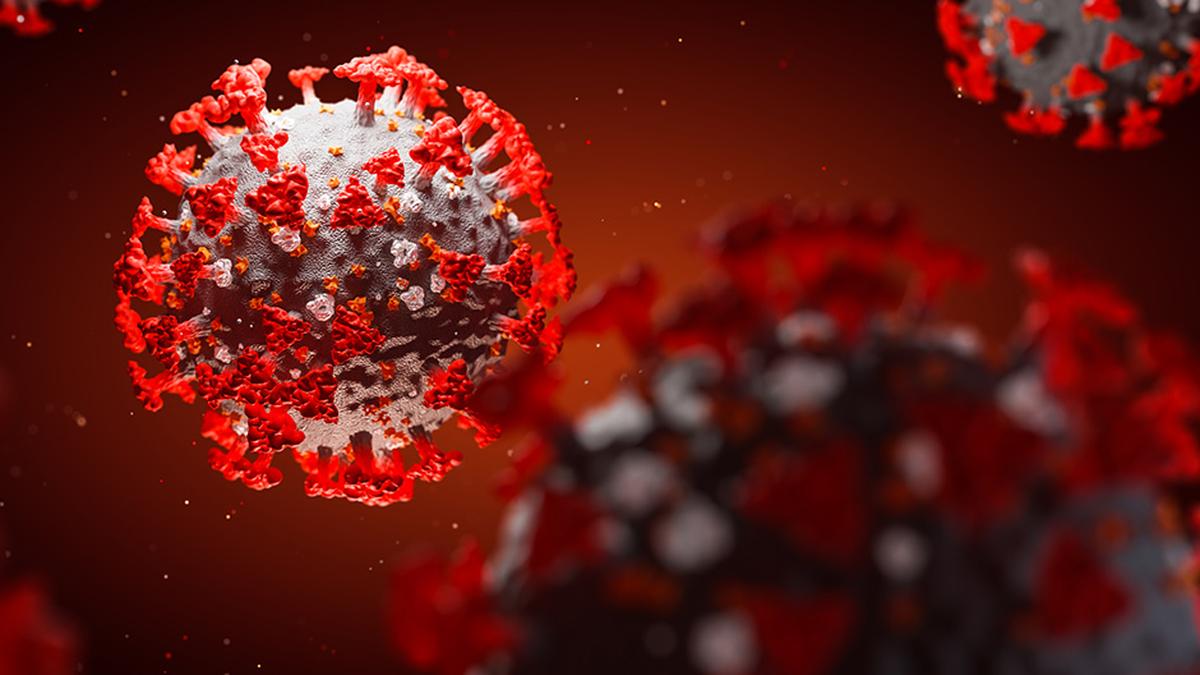Keep a watch on thyroid disorders, do regular check-ups: experts

Keep a watch on thyroid disorders, do regular check-ups: experts
At a webinar hosted by The Hindu in collaboration with Naruvi Hospitals, Vellore, under the Healthy India Happy India initiative on Sunday (January 26, 2025), medical experts focused on thyroid disorders, their prevention, and the importance of early detection.
Aravindan Nair, consultant general and endocrine surgeon at Naruvi, gave a bird’s eye view on thyroid disorders emphasising on its prevalence and the need for regular check-ups.
“Thyroid gland produces thyroxine, which is extremely important for normal functioning of the body. When it gets low, it is hypothyroid, and if it is high, it is hyperthyroid,” he explained and added that swelling of thyroid was a very common occurrence.
“If you look at a population survey, 40% to 50% of the population will have undiagnosed thyroid problem and only a small percentage will get detected,” said Dr. Nair, who also spoke on malignant thyroid conditions.
He said cancers of thyroid are completely curable in 90% cases with treatment and not every thyroid swelling is malignant. “Imaging and clinical examination are essential for early intervention and to avail minimum morbidity and zero mortality treatment,” Dr. Nair said.
His colleague, Sai Krishna Chaitanya P, consultant endocrinologist, detailed thyroid function tests, hypo and hyperthyroid conditions, and thyroiditis (inflammation of the thyroid gland). Identifying the condition is very important, he noted.
“Most individuals can be diagnosed as a part of health packages. But specific tests are recommended when there is a gradual weight gain or weight loss, an increase in lethargy and sleepiness, having no interest in work, feeling tired and sleepy, having constipation or diarrhoea, menstrual irregularities, persistent palpitations and sweating, chronic cough, difficulty in swallowing or breathing, delayed growth in children are symptoms where hypo- or hyperthyroidism are suspect and individuals need to get examined for thyroid function test,” Dr. Chaitanya pointed out.
Discussing thyroid disorders in pregnancy, Pooja Ramakant, Professor of Endocrine Surgery at King George’s Medical University, Lucknow, stressed on early detection and management because lot of changes that happen in the body of a pregnant woman mimic thyroid disorders, which is the second most common disorder after diabetes in pregnancy. “These physiological changes can continue for at least a year after pregnancy and delivery; gynaecologists can have endocrine evaluation because we need to detect them early to be able to treat them,” emphasised Dr. Pooja.
Talking of preventive measures, she advised avoiding cruciferous vegetables like cauliflower and processed food that can cause goitre. “Women before and after delivery have to maintain healthy body weight, do mind exercise, reduce stress, ensure intake of appropriate quantities of iodised salt and minerals including selenium, zinc,” she advised.
Consultant-general and endocrine and laparoscopic surgeon from Naruvi Hospital, Vellore, Tushar Yashwant Sonavane, covered benign thyroid tumours, highlighting the evaluation and management strategies. He showed slides of how the swellings look like, which could be worrisome and require surgery.
The doctors spoke about stress, anxiety and depression as endocrine disruptors and contributing to thyroid disorders. They mentioned that thyroid swellings could be asymptomatic but should not be ignored, if they grow in size or numbers.
Adolescents, pregnant women, men above 40 and women above 50 years are at a higher risk of developing thyroid disorders and need to watch out for the changes in their bodies, they added.










